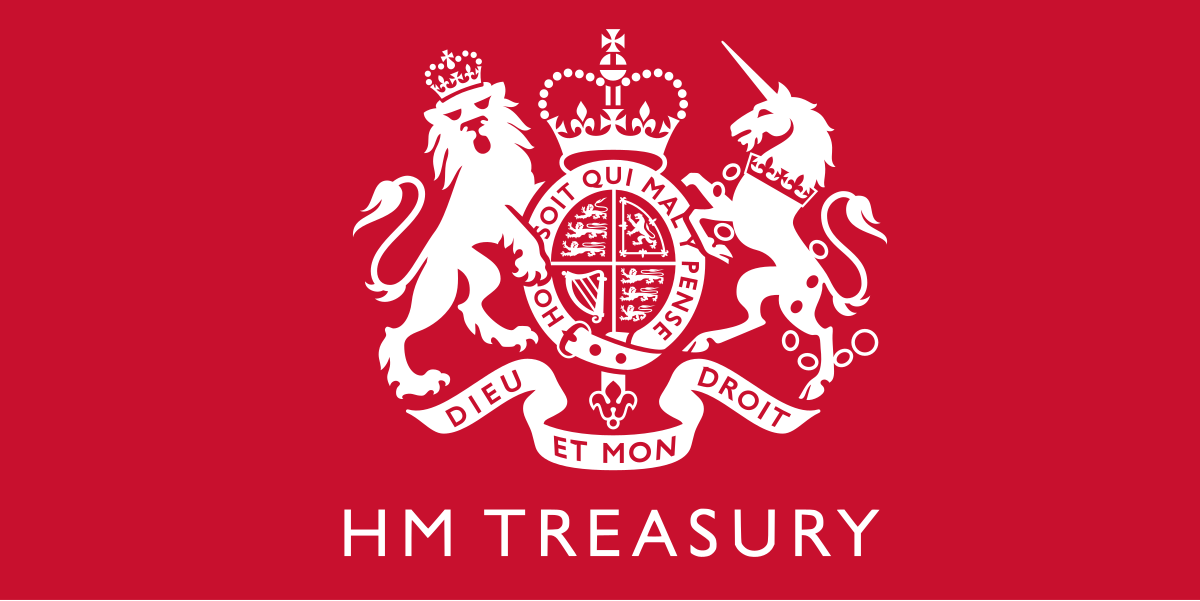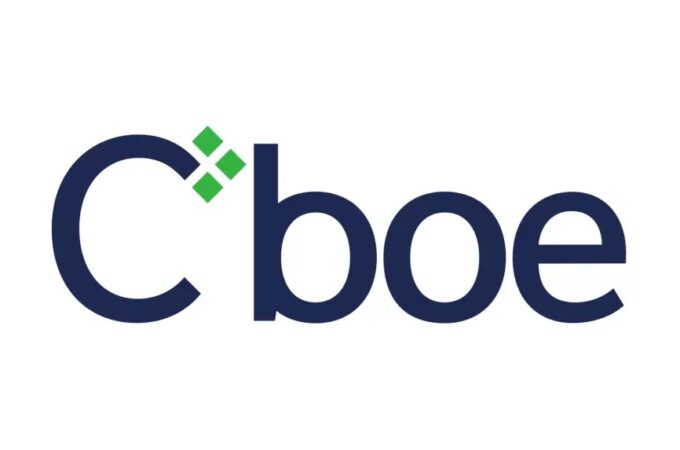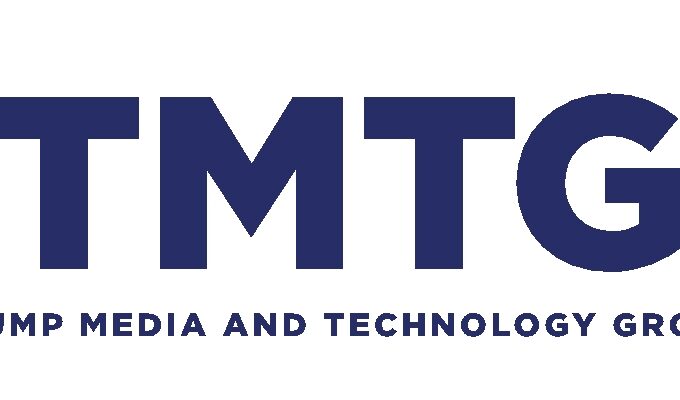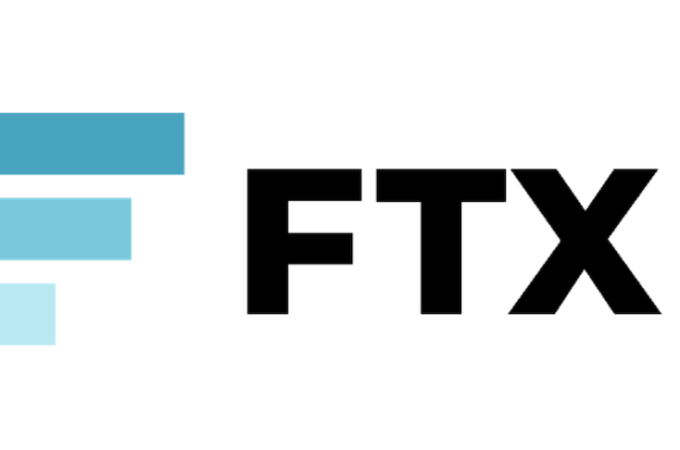
UK to Introduce Phase-Wise Crypto Regulation, Starting with Stablecoins in 2024
The United Kingdom is taking significant steps toward regulating the cryptocurrency industry, and it plans to do so in phases. In its final proposals for the crypto ecosystem, the UK government announced its intention to introduce legislation for fiat-backed stablecoins by early 2024.
This phased approach to regulation aligns with the government’s goal to make the UK a crypto-asset hub, a vision set out in April 2022 by Prime Minister Rishi Sunak. The move is likely to be well-received by the crypto industry, which has criticized the government for its slow progress in this regard.
The regulatory framework’s phased introduction starts with stablecoins, with a focus on those pegged to existing fiat currencies. These stablecoins are crypto tokens designed to maintain a stable value by being linked to a traditional currency like the US dollar or British pound. They are used for various digital payments and are gaining traction in the crypto world.
As part of this approach, the Financial Conduct Authority (FCA) will oversee these stablecoins’ operations. The goal is to ensure that these digital assets are properly regulated, offering consumers safety and stability while also promoting innovation in the sector.
The government’s regulation plans encompass various aspects of the crypto industry, including algorithmic stablecoins. As the crypto sector continues to evolve, the government intends to include activities such as lending and trading under the umbrella of conventional financial regulation.
The decision to phase in these regulations comes after the collapse of the crypto exchange FTX, which resulted in significant financial losses for investors. The government’s aim is to create a balance between safeguarding consumers and fostering innovation in the crypto sector.
This phased approach will involve additional regulations for exchanges, custodians that store crypto assets on behalf of clients, crypto lending companies, market abuse prevention, cryptoasset issuance, and disclosures. The regulations will be brought under existing UK market law rather than creating a standalone regime.
The government has also clarified that the regulation will not extend to decentralized finance (DeFi) activities at this stage, stating that it is premature to regulate this aspect of the industry. Instead, the UK government aims to support international efforts in defining future DeFi regulatory frameworks.
The UK is aligning itself with other global leaders in regulating the crypto industry, with the European Union introducing comprehensive rules for cryptoasset markets. However, the UK’s phased approach demonstrates its intent to balance regulation with the need to foster innovation and maintain a competitive edge in the emerging crypto landscape.
The government’s formal legislation plans are set to be introduced to Parliament by 2024, marking a significant step forward for the UK’s evolving stance on cryptocurrency regulation. While the specifics of these laws are yet to be unveiled, it’s evident that the UK is taking proactive measures to address the challenges and opportunities posed by the crypto industry.





